6, August 2018
Congolese Refugees Risk Infecting Neighboring Countries with Ebola 0
U.N. officials warn the deadly Ebola virus could be spread by refugees leaving the Democratic Republic of Congo’s North Kivu province. Officials are urging neighboring countries to increase surveillance at border crossings.
The number of confirmed cases in Congo’s new outbreak of the virus has risen to 13, including three deaths, the nation’s health ministry said late Saturday.
This latest outbreak was announced Wednesday with four confirmed cases, a week after the previous outbreak in DRC’s northwest had been declared over, having killed 33 people. It was not clear whether the new outbreak, more than 2,500 kilometers (1,553 miles) away, was related.
More than 100 armed groups are involved in long-standing conflicts in DRC’s North Kivu province. Ongoing fighting and instability in the region are adding layers of complexity and difficulty to international efforts to combat an Ebola outbreak in the region.
At least two decades of conflict has displaced more than 1 million of the province’s 8 million inhabitants. Peter Salama, World Health Organization emergency response chief, told VOA an additional threat was posed by refugees. He warned that some of those fleeing into neighboring Uganda, Tanzania and Burundi might be taking the infection with them.
“So, not only do you have the problem of tracking that internal displacement, but then you have the potential exportation of infection across borders,” Salama said. “And, that is why we are already working with the government of Uganda, particularly, but also Rwanda, which shares a border as well with northern Kivu, to be fully prepared for any eventualities across the border.”
The U.N. refugee agency is lending its expertise to this situation. It is preparing shelters for at least 1,000 vulnerable internally displaced persons and other extremely vulnerable people in the Ebola-affected Beni area. It also is undertaking protection and monitoring activities.
UNHCR spokesman Andrej Mahecic said his agency’s staff in Uganda, Rwanda and Tanzania were on Ebola alert.
“Specifically, in Uganda, we have a continuous influx from the DRC. Our operation has intensified the awareness-raising among the refugee and host communities. We have also increased the infection control and outbreak preparedness measures,” Mahecic said. “And, we also are preparing for entry screening. That could be the temperature checks for arriving Congolese refugees at the borders.”
Mahecic said around 92,000 Congolese refugees have fled to Uganda so far this year. He said they are continuing to arrive at an average rate of between 100 and 200 a day.
Source: VOA
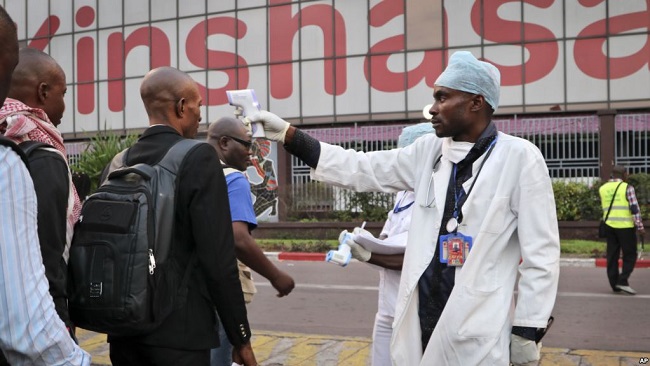
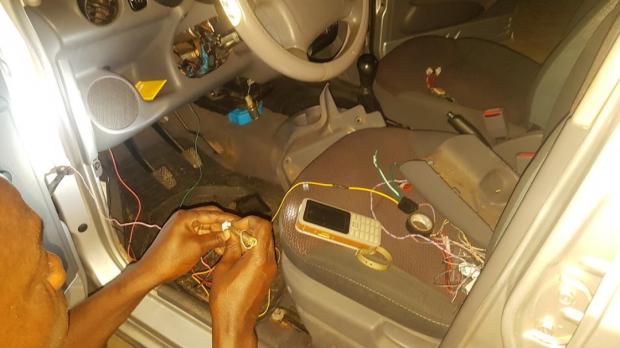


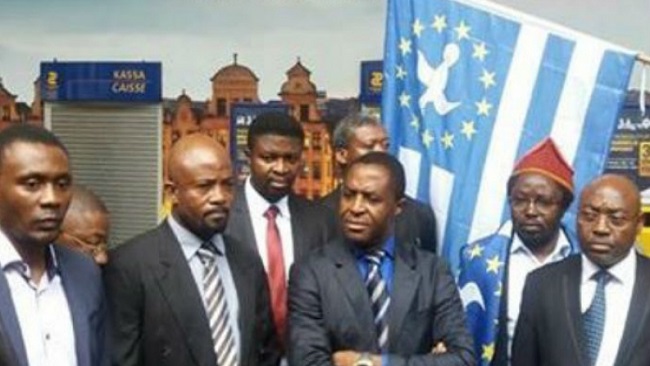
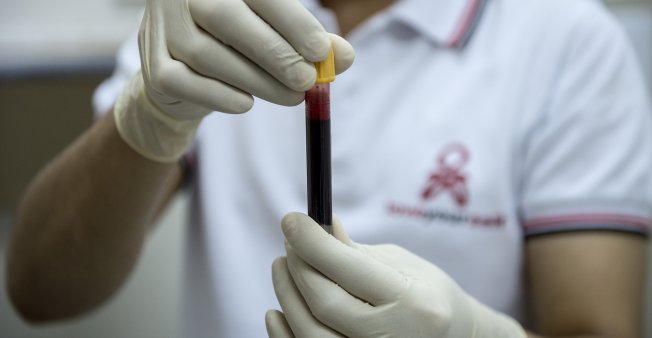
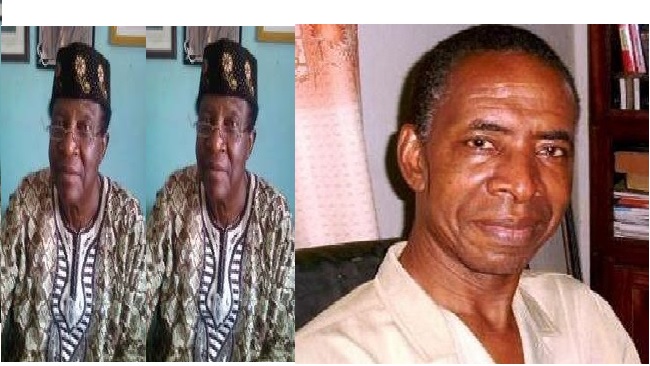
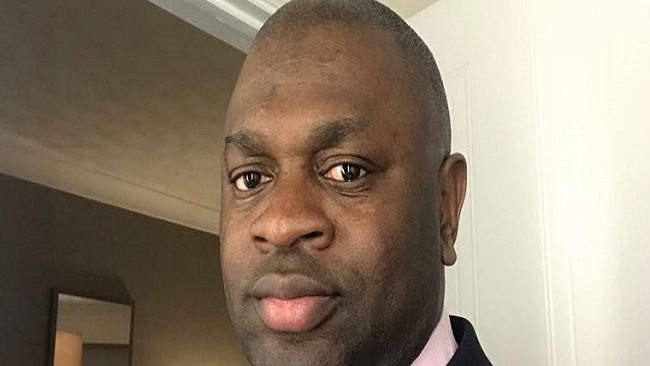
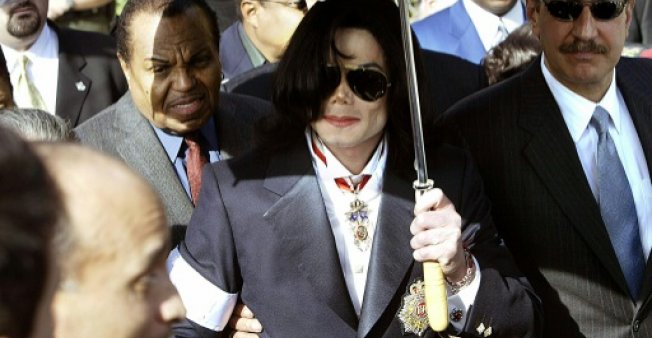
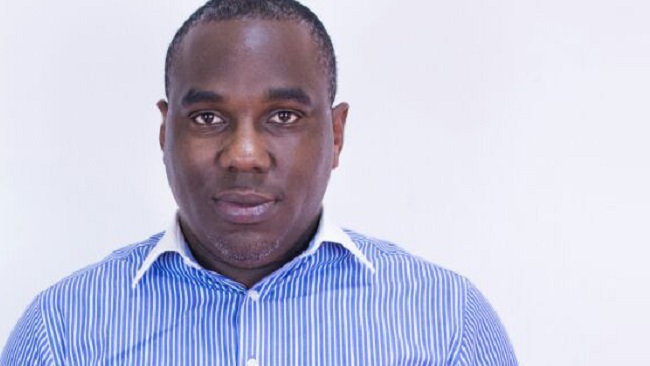

















9, August 2018
SOBA UK President Issues Statement On Upcoming Residential Convention 0
Dear Guest,
We are delighted to announce the SOBA UK Residential Convention which will take place from 21st to 23rd September 2018. The Gala night will be on Saturday 22nd September 2018 at The Hilton, St George’s Park in Burton Upon Trent. Last year, we had a very successful Convention at Dunchurch Park, Rugby, Warwickshire which continued to set high standards for SOBA UK.
This year we are going to the splendid venue at The Hilton, St George’s Park, Burton Upon Trend. This is the Home of England National Teams befitting of a World Cup year, which saw the England National Football Team make it to the last 4 teams in the World Cup football tournament. We believe that Sobans, their families and guests will have a fantastic time in such a wonderful venue.
The theme of this year’s Convention is “Together We Succeed“, reflecting on the difficult year our association and people have had both in the UK and Cameroon. Our focus will also be on the crisis in the Northwest and Southwest regions in Cameroon which has led to thousands of people being displaced and significant loss of lives. We will be looking to assist where possible and we look forward to your generous support.
Our tickets have been priced very competitively at £70 for a standard ticket, but there is an early bird discount of £10 which reduces the price to £60 provided, if you purchase your ticket by 23rd August, 2018. There are also limited VIP tickets on a first come first serve basis. Please contact our sales agents for more details from the attached flyer. You can purchase your hotel room directly using the dedicated SOBA UK link attached below at discounted prices up to 23rd August 2018.
On behalf of all Sobans in the UK, we say a big thank you in advance for your continued support and to this end, I commend the 2018 Convention to you and encourage you to buy your tickets and start making plans for this esteemed SOBA UK event. We look forward to welcoming you and your families at The Hilton at St George’s Park.
SOBA:UK Secretariat soba@sobaintheuk.org
Yours sincerely,
Ayuk Akoh-Arrey President SOBA UK
Email: soba@sobaintheuk.org